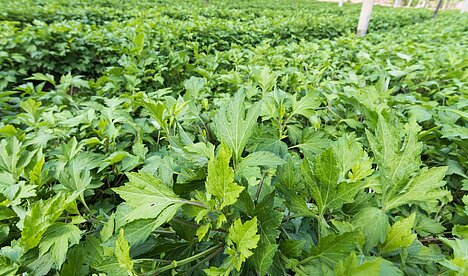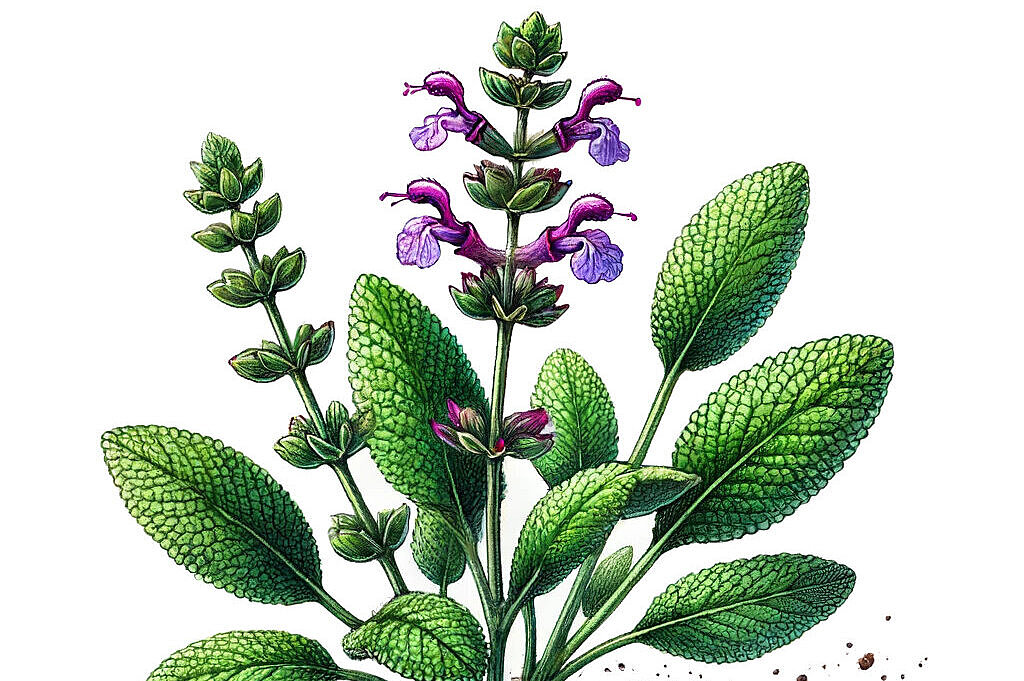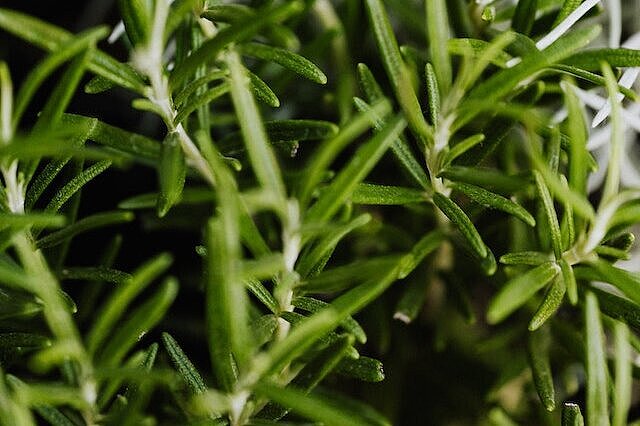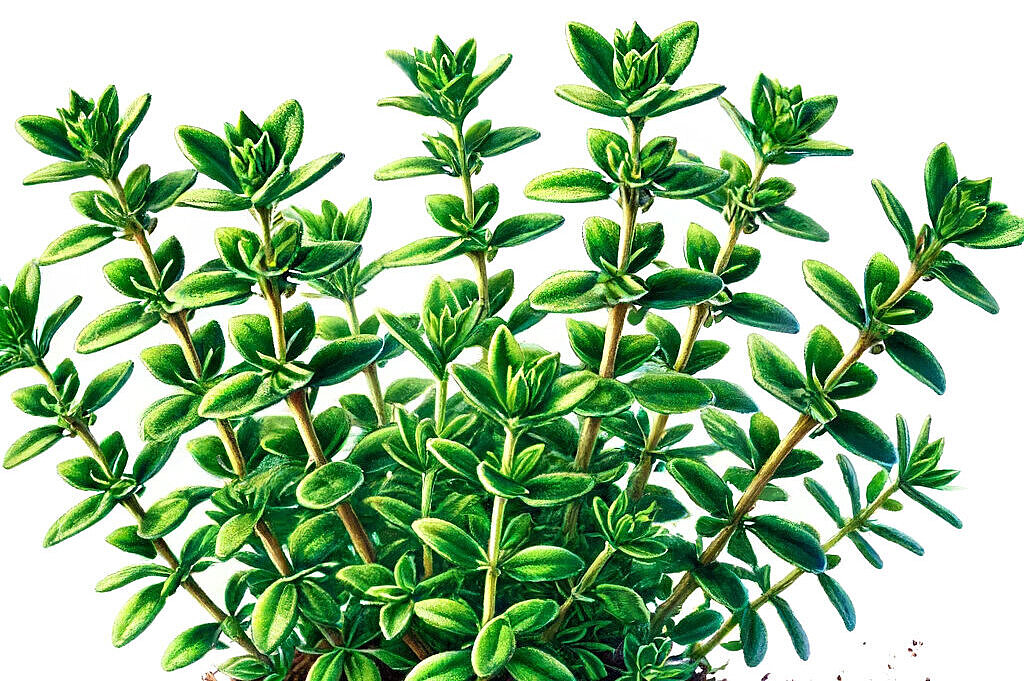Mugwort

What is mugwort?
Mugwort (Artemisia vulgaris) belongs to the Asteraceae family and is native to Europe, Asia and North America. The plant has been used in folk medicine for thousands of years to treat various ailments. The leaves contain essential oils, bitter substances, tannins, flavonoids and other active ingredients that have an anti-inflammatory, antispasmodic, antibacterial and digestive effect.
How can mugwort help dogs?
Mugwort can help dogs with various problems, especially digestive problems. The plant stimulates the production of saliva, promotes the production of gastric juice and supports the function of the liver, gall bladder and pancreas. This can be particularly helpful for dogs that are fed a high-fat diet or have problems digesting fat. Mugwort can also help with flatulence, diarrhea, loss of appetite, worm infestation or gastrointestinal inflammation.
However, mugwort not only has a positive effect on digestion, but also on other areas of the body. For example, the plant can be used to treat fever, coughs, eye complaints, skin problems, rheumatism, arthritis or bladder infections. Mugwort also has an immune-boosting effect and can help with viral or bacterial infections. Some studies have even shown that mugwort has an anti-tumor effect and can inhibit the growth of cancer cells.
How can mugwort be fed to dogs?
Mugwort can be fed to dogs in various forms: fresh or dried leaves, powder, tea or tincture. The dosage depends on the size, weight and health of the dog, but as a rule of thumb, no more than 1-2 grams of mugwort should be fed per day. Mugwort should also not be given permanently, but only as a cure, e.g. for a few weeks or months.
What side effects can mugwort have?
Mugwort is a relatively safe plant that does not cause any serious side effects when used correctly. However, there are a few things you should consider before giving your dog mugwort. In some dogs, mugwort can cause an allergic reaction, especially in dogs that are sensitive to composite plants. Mugwort can also influence the effect of other medications such as blood thinners, antidiabetics or antiepileptics. Therefore, the vet should always be consulted before feeding mugwort, especially if the dog is already receiving other medication. Mugwort should also not be fed to pregnant or lactating bitches, as the plant can induce labor and inhibit milk production. Mugwort should also not be fed to puppies or very young dogs as the plant may be too strong for their immature digestive systems.
Mugwort is a versatile medicinal plant that can help dogs with various ailments, especially digestive disorders. Mugwort can also strengthen the immune system, inhibit inflammation and even fight cancer cells.
Properties 14
Are you looking for other ingredients with a specific property?
Just click on them to find more.
If you notice any signs of hypersensitivity or poisoning in your dog, you should see your vet immediately. We are not a substitute for a vet, but we try to be as accurate as possible. Every dog reacts differently and we recommend you get a second opinion or consult your vet if in doubt.
Stay healthy and take good care of your four-legged friend!😊
Similar to Mugwort
Sage (Salvia officinalis) is a plant from the labiate family. It is native to Europe and the Mediterranean region and has been used in cooking and as a medicinal plant since ancient times. Sage is a...
Rosemary is a spice plant that is widely used in Mediterranean cuisine. The plant has small, needle-shaped leaves and an intense, woody taste and smell. Rosemary is often used as a spice in meat and...
Thyme belongs to the labiate family and grows mainly in the Mediterranean region. It has small green leaves and pink or white flowers that attract many bees. Thyme contains essential oils such as...
Oregano is a herbaceous plant from the labiate family. It is native to Europe, the Mediterranean region and parts of Asia. Oregano is often used as a spice in cooking and is known for its strong...



